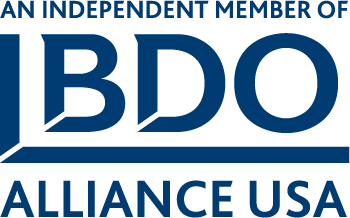This holiday season the IRS reminds taxpayers, the agency won’t ask for or accept gift cards as payment for a tax bill. However, that doesn’t stop scammers from targeting taxpayers by asking them to pay a fake tax bill with gift cards. They may also use a compromised email account to send emails requesting gift card purchases for friends, family or co-workers. Gift cards make great presents for loved ones, but they cannot be used to pay taxes.
Here’s how this scam usually happens:
- The most common way scammers request gift cards is over the phone through a government impersonation scam. However, they will also request gift cards by sending a text message, email or through social media.
- A scammer posing as an IRS agent will call the taxpayer or leave a voicemail with a callback number informing the taxpayer that they are linked to some criminal activity. For example, the scammer will tell the taxpayer their identify has been stolen and used to open fake bank accounts.
- The scammer will threaten or harass the taxpayer by telling them that they must pay a fictitious tax penalty.
The scammer instructs the taxpayer to buy gift cards from various stores. - Once the taxpayer buys the gift cards, the scammer will ask the taxpayer to provide the gift card number and PIN.
Here’s how taxpayers can tell if it’s really the IRS calling. The IRS will never:
- Call to demand immediate payment using a specific payment method such as a gift card, prepaid debit card or wire transfer. Generally, the IRS will first mail a bill to any taxpayer who owes taxes.
- Demand that taxpayers pay taxes without the opportunity to question or appeal the amount they owe. All taxpayers should be aware of their rights.
- Threaten to bring in local police, immigration officers or other law enforcement to have the taxpayer arrested for not paying.
- Threaten to revoke the taxpayer’s driver’s license, business licenses or immigration status.
Any taxpayer who believes they’ve been targeted by a scammer should:
- Contact the Treasury Inspector General for Tax Administration to report a phone scam. Use their IRS Impersonation Scam Reporting webpage. They can also call 800-366-4484.
- Report phone scams to the Federal Trade Commission. Use the FTC Complaint Assistant on FTC.gov. They should add “IRS phone scam” in the notes.
- Report threatening or harassing telephone calls claiming to be from the IRS to phishing@irs.gov. Please include “IRS phone scam” in the subject line.
Contact the Crosslin tax team at 615-320-5500 with any questions. We are here to help!







